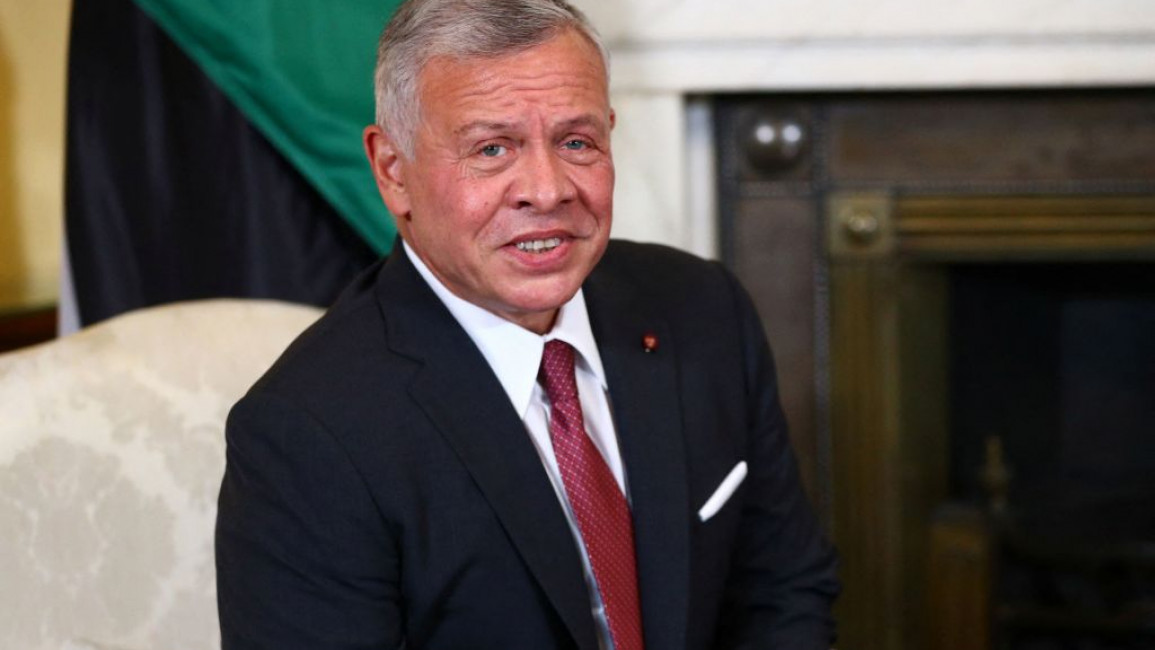Jordan royal decree pardons 155 detainees who 'insulted the king'
Jordan's King Abdallah has issued a royal decree pardoning 155 convicts of lèse-majesté - insulting the monarch - the Jordanian Royal Court announced on Sunday.
King Abdullah in October directed his government to study all active cases of lèse-majesté in order to begin issuing special pardons.
He periodically issues amnesties for some convicts found guilty of minor offenses.
"Lèse-majesté" is a French term meaning "to do wrong to majesty", which is a criminal offence in Jordan according to Article 195 of the Penal Code.
It states that insulting the king or undermining his dignity in writing, words, pictures, comics, or online messages is punishable between one to three years in prison. The same sentence applies to those found guilty of broadcasting and sharing such messages.
Jordanians can also be jailed for "undermining the dignity" of other members of the royal family.
Lese-majesté cases have regularly sparked controversy in the kingdom. In April, a young girl was sentenced to one year in jail for stating that her father was "better than the king".
The case provoked uproar on social media with people using the Arabic-language hashtag "my father is better than the king". King Abdullah called the offender to express support and her one-year sentence was eventually dropped by a local court.
A Jordanian woman's conviction for insulting the nation's reigning king has sent shockwaves through social media. 👇 🇯🇴 #JordanPolitics #أبوي_أحسن_من_الملكhttps://t.co/1kPedCEudl
— The New Arab (@The_NewArab) April 15, 2021
In October, the government clarified that it had "no intention" of removing Article 195 in the foreseeable future.
In 2012, Human Rights Watch called on Jordan to remove Article 195 stating that "criminalising insults against a head of state is not compatible with international human rights standards protecting the right to freedom of expression".



